Introduction

Advanced boiler control systems are becoming increasingly important in commercial boiler systems for optimizing efficiency and performance. These systems offer benefits such as improved system responsiveness, automated operation, and energy conservation. With features like precision control and real-time monitoring, advanced controls enable facility managers and boiler operators to achieve significant cost savings while enhancing overall system performance. In this article, we will explore various types of automated boiler system controls and their benefits.
Overview of automated boiler system controls
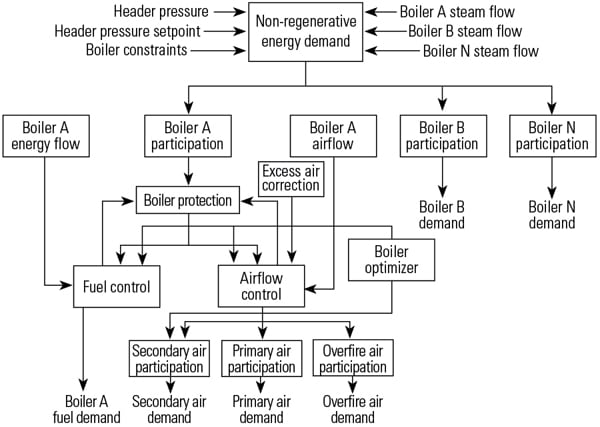
αντλίες θερμότητας Automated boiler system controls are advanced technologies that optimize the performance and efficiency of boiler systems. These controls enable precise monitoring and regulation of various parameters such as time, pressure, temperature, and fuel flow. By automating the operation of the boiler, these controls improve system responsiveness and reduce energy wastage. They also allow for remote monitoring and adjustments, enhancing overall system performance. Advanced controls are essential for achieving cost savings and minimizing environmental impact in boiler systems.
Benefits of increasing performance and efficiency

Improving the performance and efficiency of boiler systems offers several benefits. Firstly, it leads to energy and cost savings by optimizing the system’s performance. Secondly, it helps reduce the carbon footprint by lowering emissions, contributing to environmental sustainability. Additionally, efficient controls extend the equipment’s lifespan by minimizing wear and tear, reducing the need for frequent repairs. Moreover, precise temperature regulation ensures a consistent and comfortable environment for users. Overall, increasing performance and efficiency enhances operational effectiveness and promotes a greener and safer boiler system. [3]
Types of Automated Boiler System Controls
Types of automated boiler system controls include time-based controls and pressure-based controls. Time-based controls regulate the boiler’s operation and temperature based on predetermined schedules. Pressure-based controls monitor and adjust the boiler’s pressure to optimize performance. These controls work together to ensure efficient and reliable operation of the boiler system.
1. Time-Based Controls

Time-based controls are an essential component of automated boiler systems. These controls regulate the operation and temperature of the boiler based on predetermined schedules. They ensure that the boiler operates efficiently and optimizes energy consumption. By adjusting settings according to specific time intervals, time-based controls help maintain consistent performance and prevent unnecessary energy wastage. Implementing time-based controls in boiler systems can significantly increase their overall performance and efficiency.
2. Pressure-Based Controls
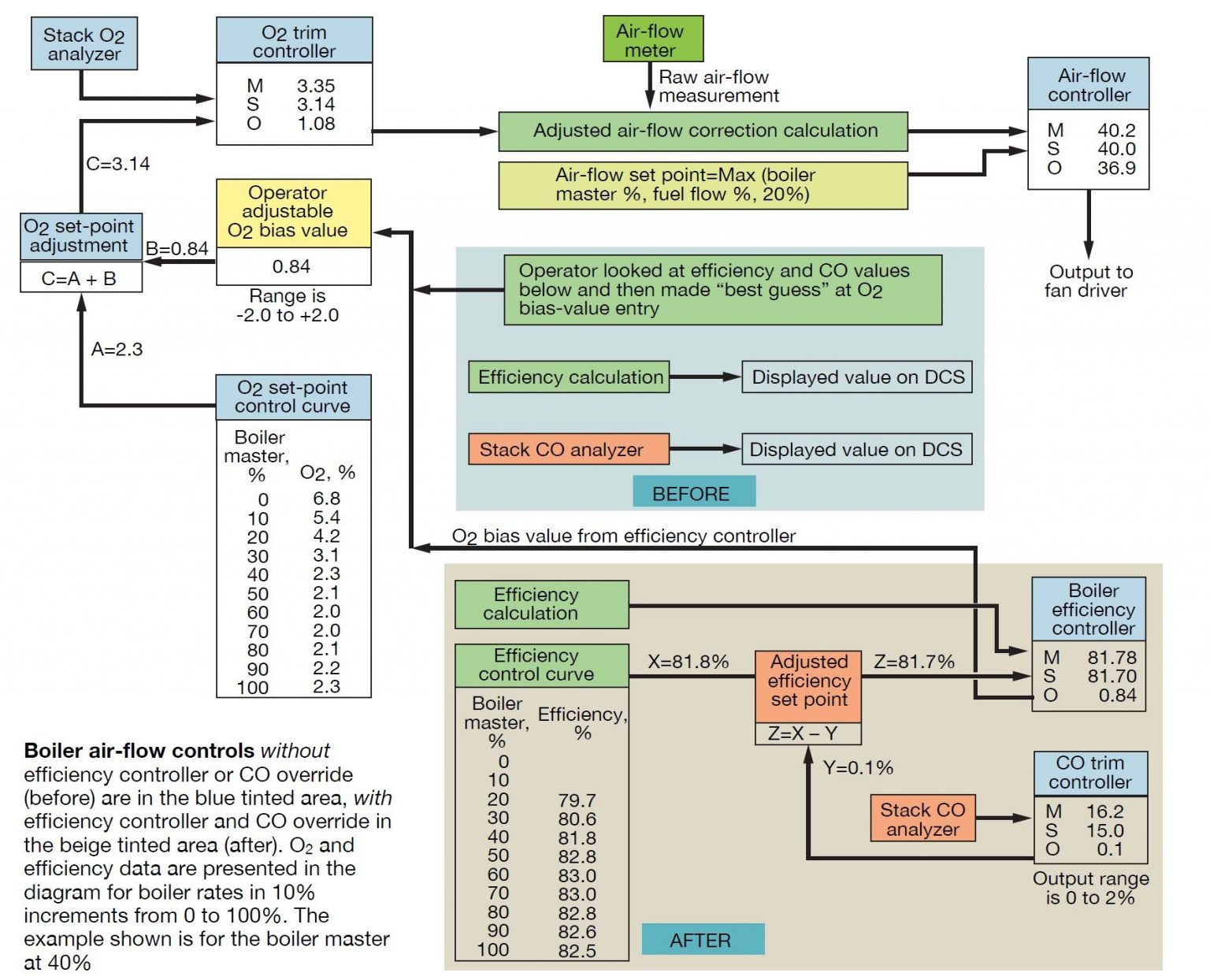
Pressure-based controls are another type of automated boiler system control that focuses on optimizing pressure levels for better performance. These controls monitor and regulate the pressure within the boiler to ensure it operates at the optimum level. By maintaining the correct pressure, pressure-based controls help to improve efficiency and prevent excessive energy wastage. They help to optimize the combustion process and ensure the boiler operates within safe pressure limits. Implementing pressure-based controls can lead to significant energy savings and enhanced performance in boiler systems.
Benefits of Time-Based Controls
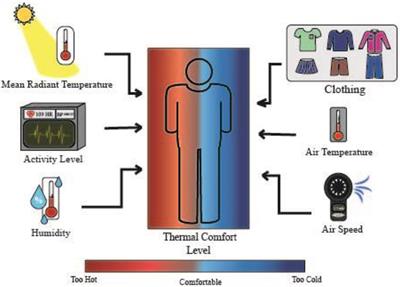
Time-based controls offer several benefits in optimizing boiler system performance and efficiency. By implementing precise timing, these controls ensure the boiler operates at the most efficient times, reducing energy wastage and improving overall system performance. Additionally, time-based controls enable better scheduling and coordination of maintenance and operational tasks, leading to increased system reliability and reduced downtime. With their ability to automate and optimize operations, time-based controls contribute to cost savings and environmental sustainability.
Enhancing performance through precise timing

Enhancing performance through precise timing involves optimizing the operation of a boiler system based on specific time intervals. By utilizing time-based controls, the boiler can operate during periods of peak efficiency and minimize energy wastage during off-peak hours. This ensures that the boiler runs at its most efficient times, leading to improved overall system performance and increased energy savings. Time-based controls also allow for better scheduling and coordination of maintenance and operational tasks, resulting in enhanced system reliability and reduced downtime.
Improving energy efficiency
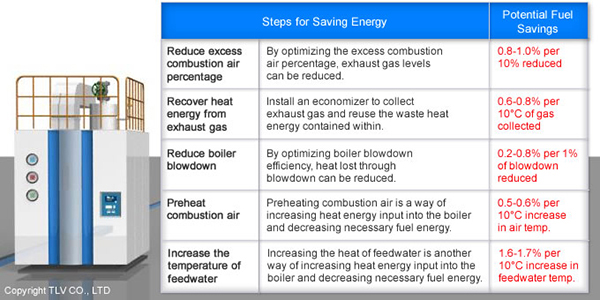
Improving energy efficiency is one of the key benefits of using automated boiler system controls. These controls optimize the operation of the boiler, ensuring that it runs at peak efficiency and minimizes energy wastage. By utilizing time-based controls and precision timing, the boiler operates during periods of higher efficiency, resulting in reduced energy consumption and cost savings. This leads to a more environmentally sustainable approach and a lower carbon footprint.
Benefits of Pressure-Based Controls
Pressure-based controls in automated boiler systems offer several benefits. By optimizing pressure levels, these controls ensure that the boiler operates at the recommended pressure range, which improves overall performance and prevents overpressure situations. Additionally, pressure-based controls help reduce energy wastage by regulating pressure levels and minimizing unnecessary fluctuations. This leads to improved efficiency, cost savings, and increased equipment lifespan.
Optimizing pressure levels for better performance
Pressure-based controls in automated boiler systems optimize pressure levels to enhance performance. By ensuring that the boiler operates within the recommended pressure range, these controls prevent overpressure situations and maintain efficient operation. This leads to improved performance, reduced downtime, and increased equipment lifespan. Additionally, optimizing pressure levels helps to achieve better combustion and heat transfer, resulting in increased energy efficiency and overall system effectiveness.
Reducing energy wastage
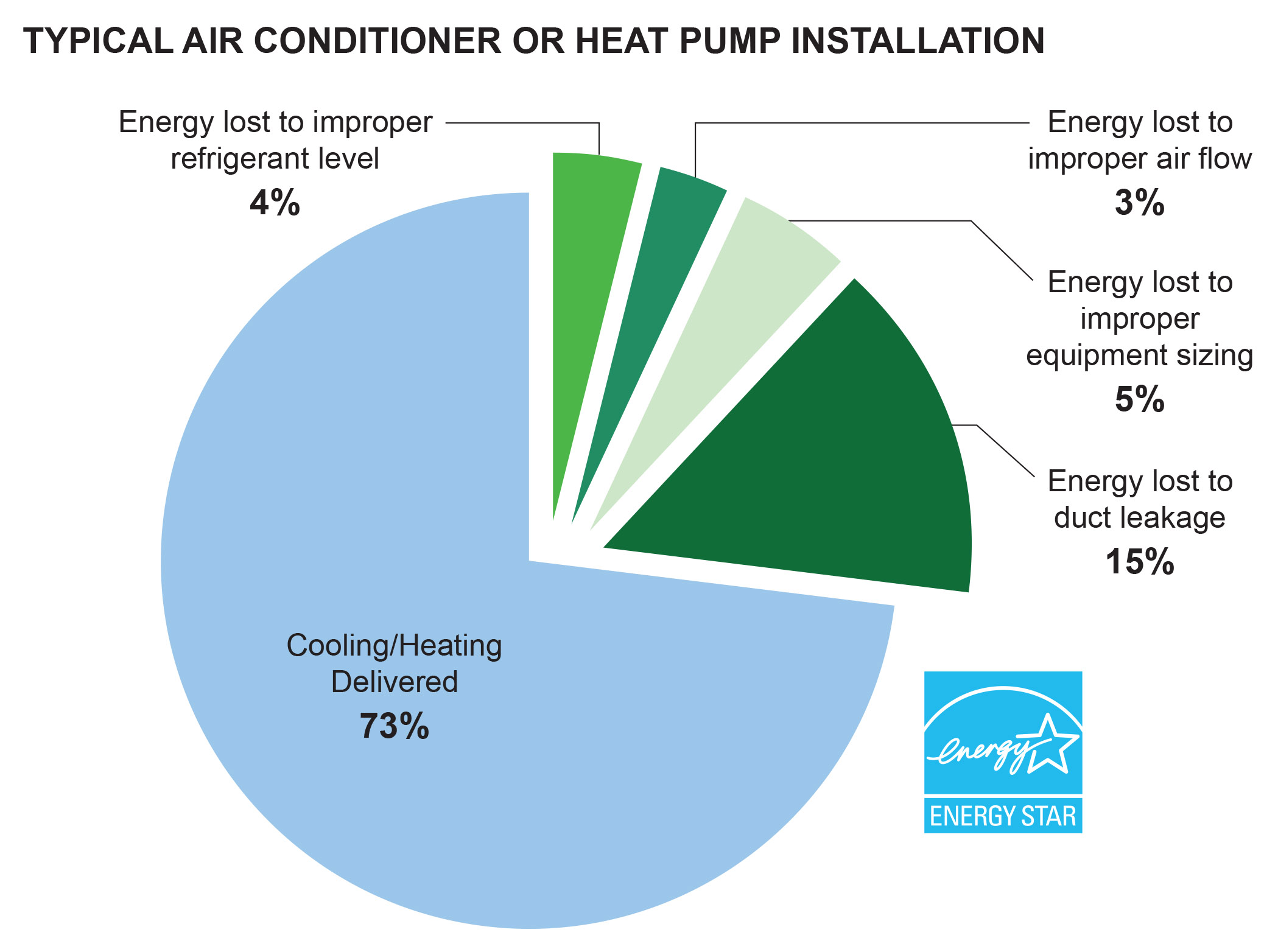
Reducing energy wastage is a crucial aspect of optimizing boiler performance and efficiency. By utilizing smart boiler controls and technologies, such as scheduling heating cycles and adapting to heating patterns, energy consumption can be minimized. Improved insulation in energy-efficient boilers also helps to prevent heat loss and ensure that the generated heat is effectively utilized, reducing energy wastage and lowering heating costs.
Integration of Automated Boiler Controls
Integration of Automated Boiler Controls plays a crucial role in optimizing performance and efficiency. Temperature sensors and control systems allow for precise monitoring and adjustment of heating levels, while fuel and air flow management ensure optimal combustion processes. By seamlessly integrating these controls into the boiler system, operators can achieve enhanced control and energy savings, ultimately improving overall boiler performance.
1. Temperature sensors and control systems
Temperature sensors and control systems are integral components of automated boiler controls. Temperature sensors accurately measure the temperature of the water or steam, allowing the control system to make precise adjustments. These sensors provide real-time data to optimize the boiler operation, ensuring that the desired temperature is maintained while minimizing energy wastage. Control systems receive input from temperature sensors and efficiently regulate the fuel and air flow, promoting energy efficiency and enhancing overall performance. By incorporating temperature sensors and control systems, operators can achieve better control and improved boiler performance.
2. Fuel and air flow management
Fuel and air flow management plays a crucial role in optimizing the performance and efficiency of automated boiler systems. By ensuring the correct fuel-air ratio, operators can achieve complete combustion, reducing energy wastage and emissions. Control systems monitor and adjust the fuel and air flow based on the boiler’s requirements, ensuring efficient and reliable operation. By incorporating fuel and air flow management into automated boiler controls, operators can maximize performance while minimizing energy consumption. [28]
Conclusion
In conclusion, the integration of automated boiler system controls is essential for increasing performance and efficiency. By utilizing time-based controls, precise timing can enhance performance and improve energy efficiency. Pressure-based controls optimize pressure levels and reduce energy wastage. The incorporation of temperature sensors and fuel/air flow management further enhances the overall efficiency of the system. With these controls in place, operators can maximize the performance of their boiler systems while minimizing energy consumption and emissions.
Summary of the importance of automated boiler system controls

Automated boiler system controls play a crucial role in increasing performance and efficiency. By utilizing time-based controls, precise timing can enhance performance and improve energy efficiency. Pressure-based controls optimize pressure levels, reducing energy wastage. Incorporating temperature sensors and fuel/air flow management further enhances system efficiency. With these controls in place, operators can maximize performance while minimizing energy consumption and emissions.
Key takeaways for increasing performance and efficiency
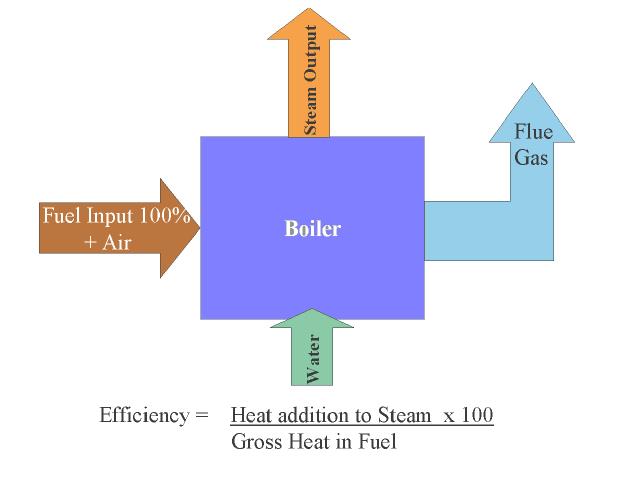
Automated boiler system controls play a vital role in enhancing performance and improving energy efficiency. By utilizing time-based controls and precise timing, performance can be optimized. Pressure-based controls help in optimizing pressure levels, reducing energy wastage. Incorporating temperature sensors and fuel/air flow management further enhances efficiency. These controls enable operators to maximize performance while minimizing energy consumption and emissions, leading to improved overall efficiency and productivity.
As we wrap up, we invite you to feature your business on our website through the Accessily platform.





